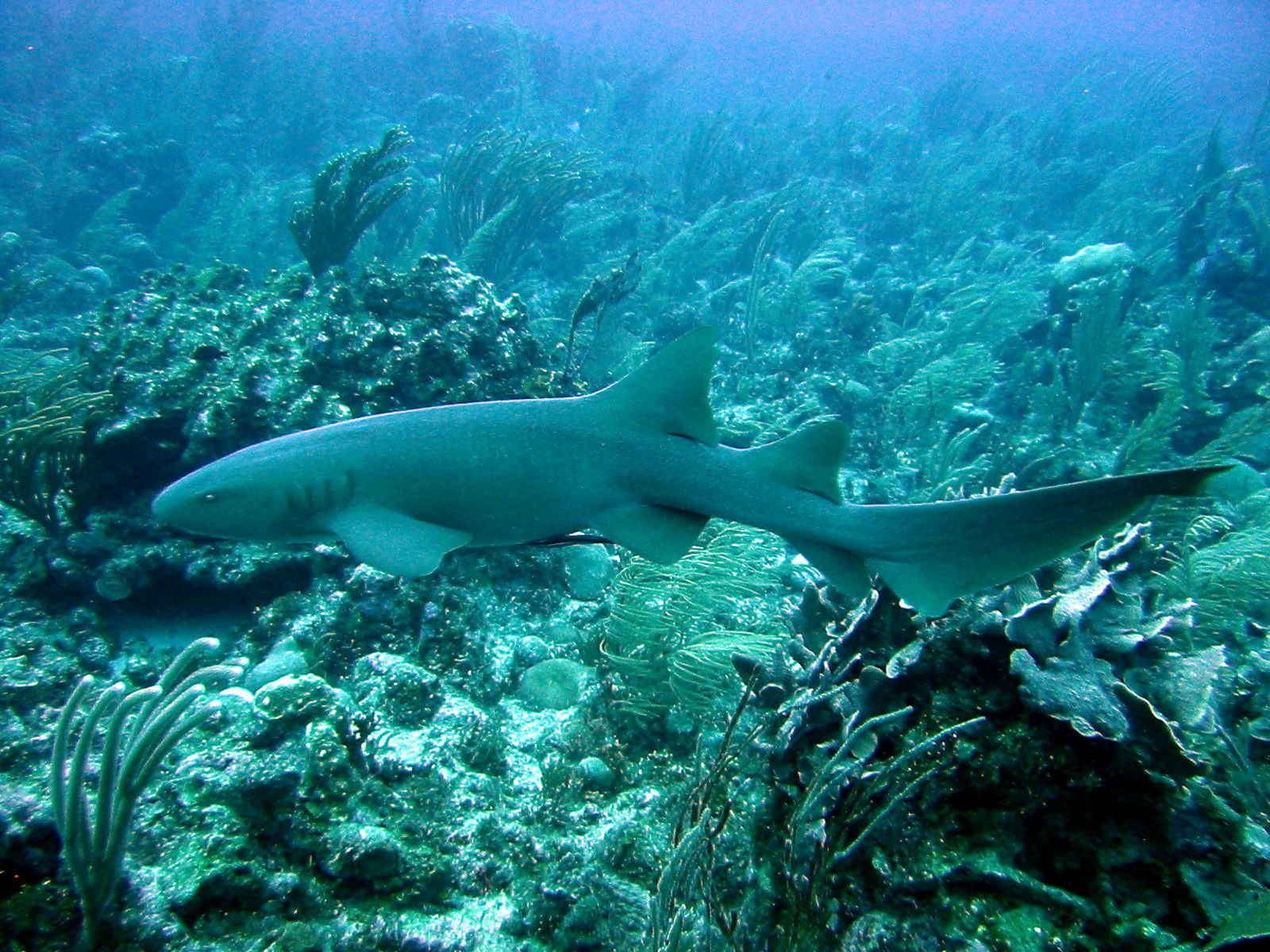Animal care professionals from all over the world will this week gather in Denmark to learn how a team in Jutland have taught large tropical sharks to roll around on their backs.
The presentation, which will be given by the Kattegatcenter in Grenaa, is one of many that will take place at the Animal Behavior Management Alliance (ABMA) conference, which is taking place for the first time in Denmark.
The ABMA conference is the world’s largest event for animal care professionals. This year it is being co-hosted by Copenhagen and Odense zoos in Nyborg.
The Kattegatcenter is the only aquarium in Europe that has been successful in training large tropical sharks.
Memory like elephants
“Since 2011, we have spent about 20 minutes every day training our two large nurse sharks and our leopard shark, and we are proud of being the pioneers in this field,” said Rune Kristiansen, a curator and marine biologist at the Kattegatcenter.
“German researchers have recently shown that some sharks have a memory like an elephant and our sharks are certainly a living proof of that.”
The centre’s biologists have been training the three sharks to come and lie on a custom-built training ramp in a shark tank, and they have even taught them to roll around on their backs, which has been helpful during veterinary examinations.
Changing people’s views on sharks
Kristiansen explained that the training is essential for the animals’ proactive healthcare and contributes to changing the distorted views some people may have about sharks.
Visitors to the Kattegatcenter can see the sharks roll on their backs every day at 2pm (a short video showcasing the training can be viewed here).
The centre’s mission is to raise awareness about marine life and the marine environment. It has an aquarium with more than 250 species of marine animals, both from the Kattegat and from tropical seas.














